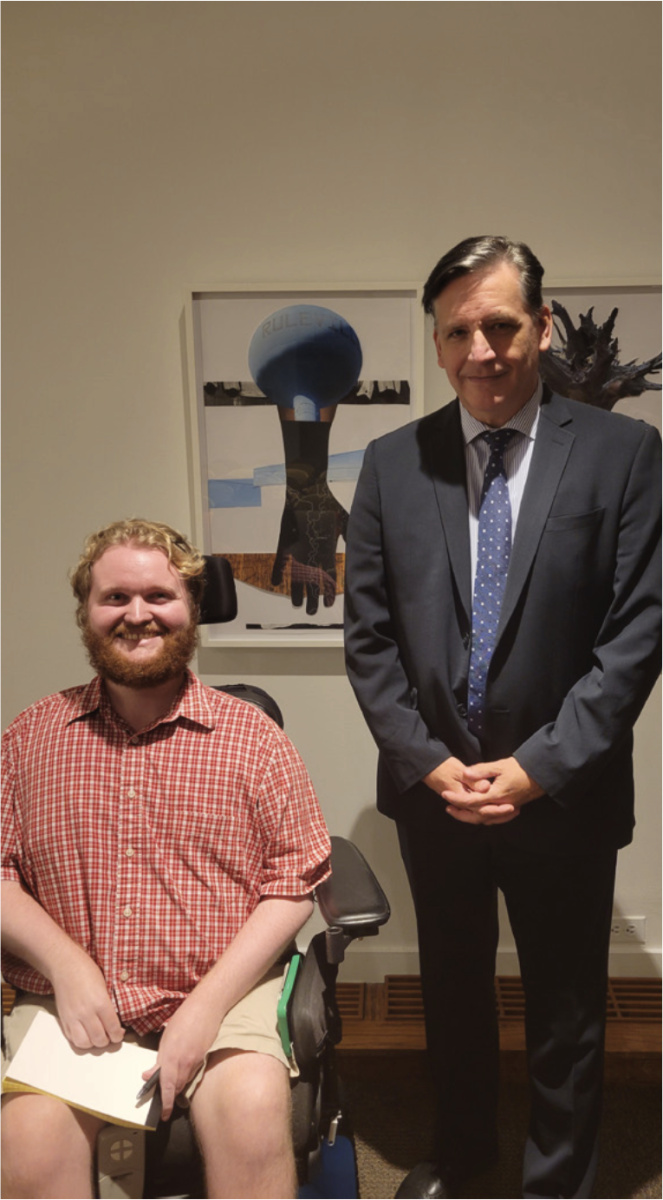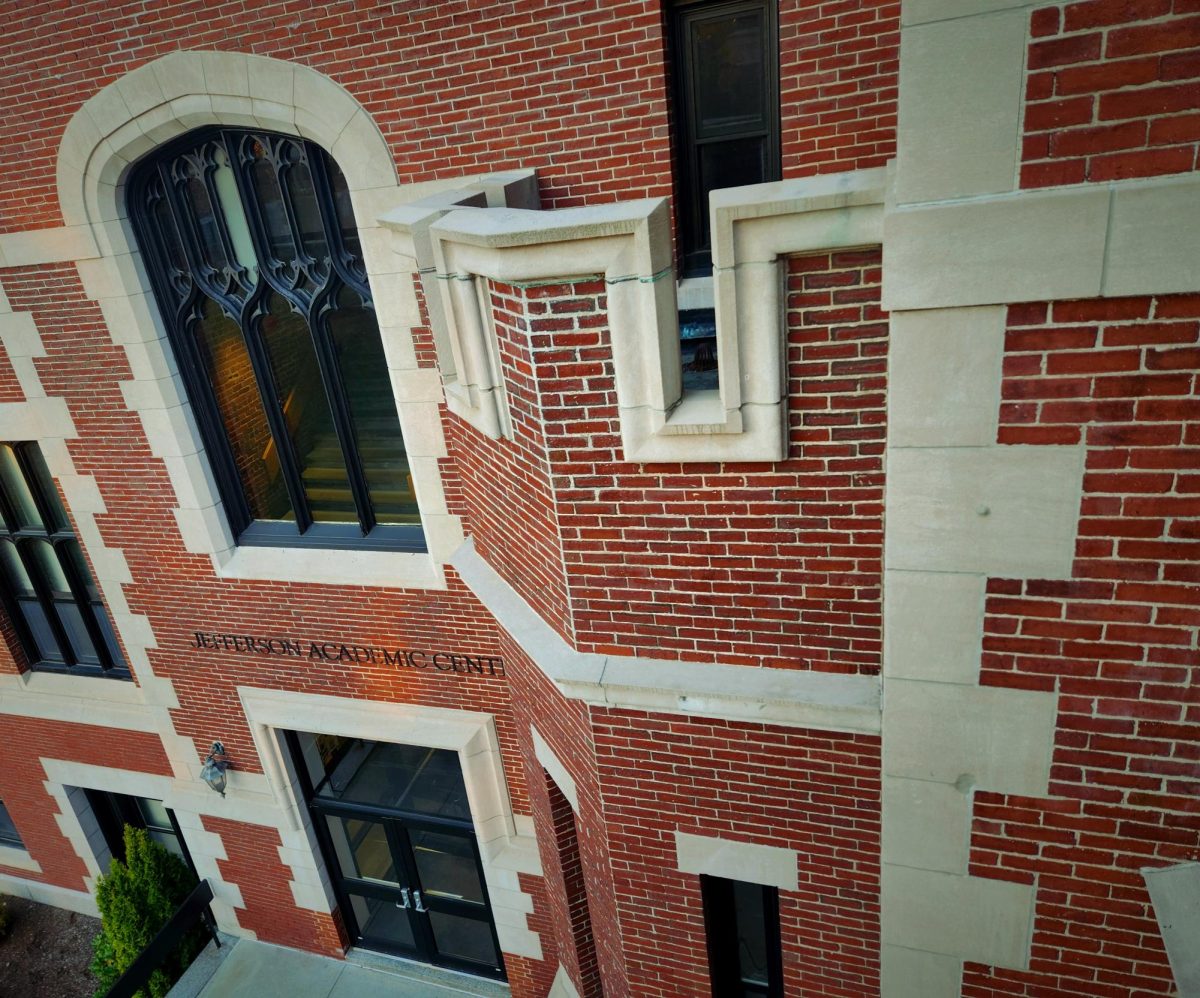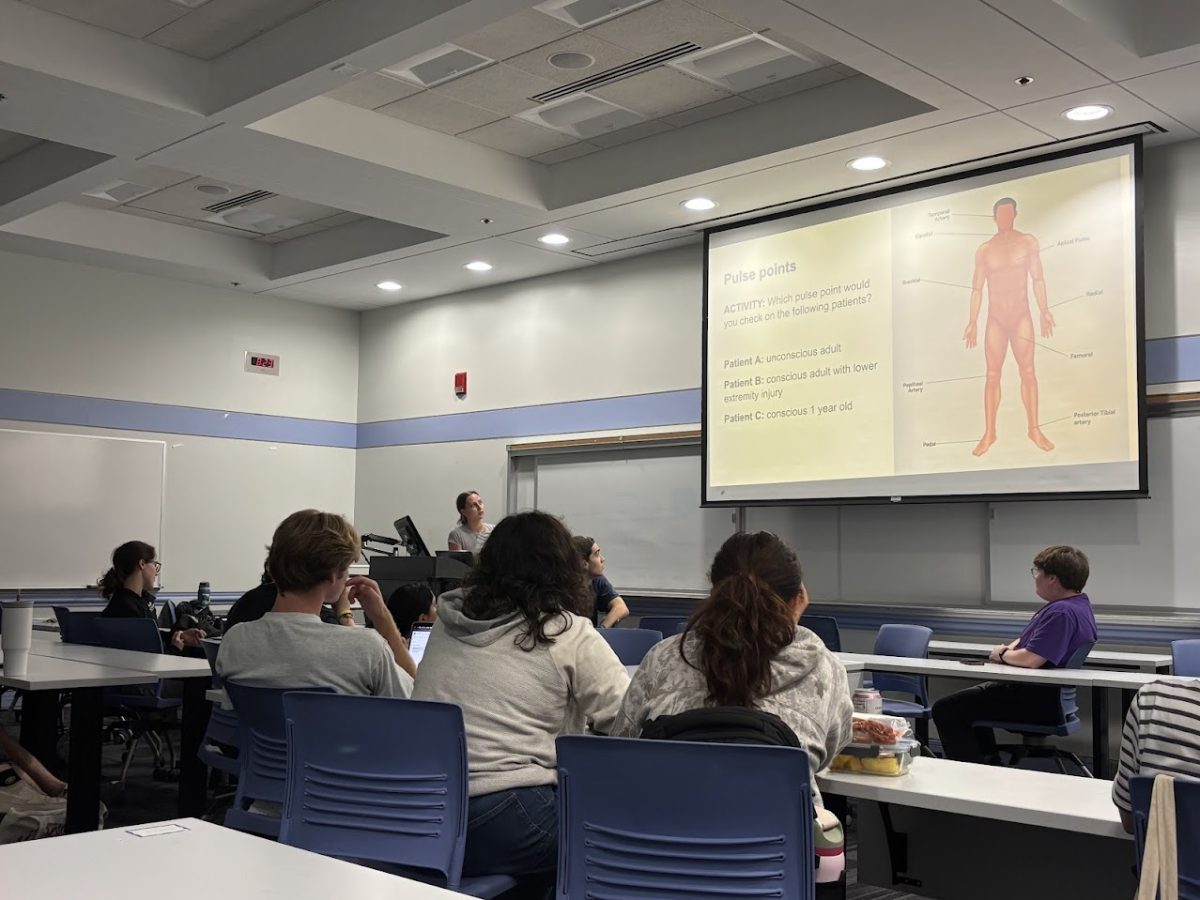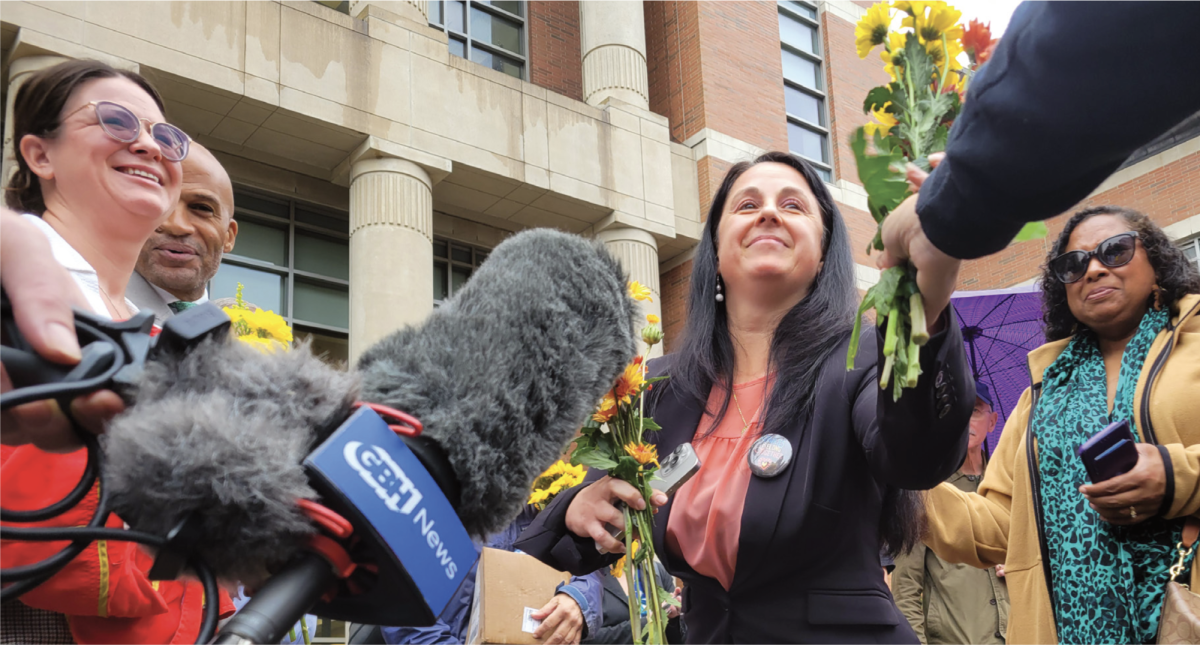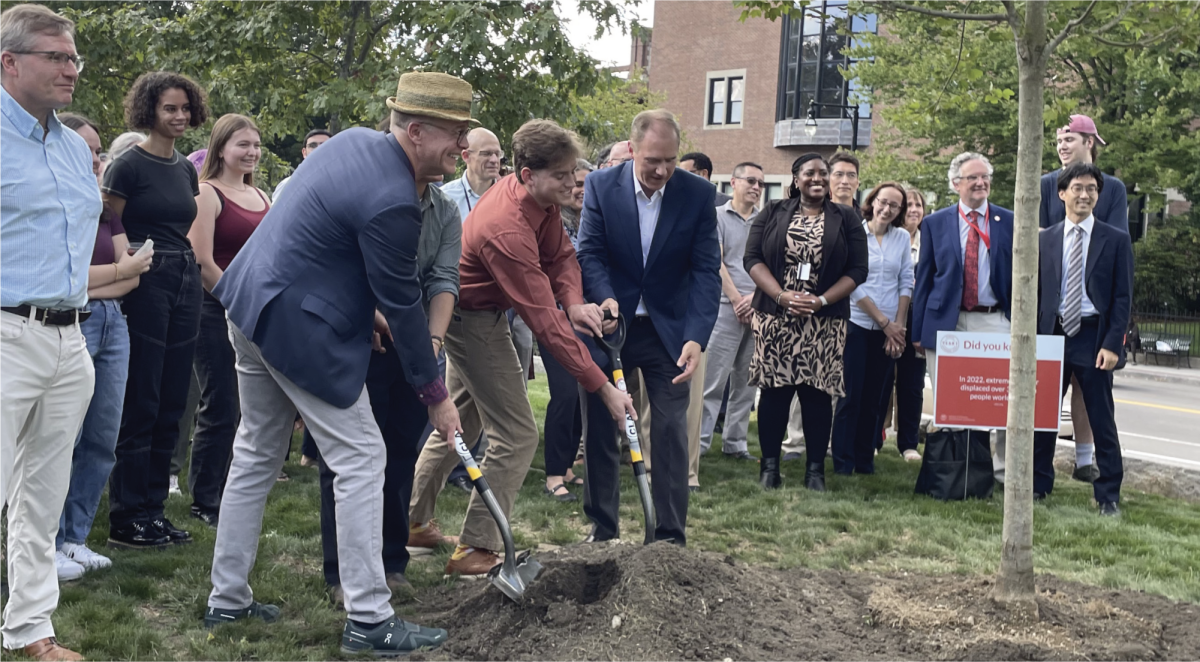Over the next three years, Clark will reduce its number of faculty by 25 to 30 percent through various means, according to an official press release issued in June.
Additionally, the university has plans to reduce its staff by 5 percent over the next year. Meanwhile, a hiring freeze has been in place since Sep. 2024, and Clark has laid off nine faculty members during spring 2025, according to the Boston Business Journal.
This comes after the last two incoming classes were both underenrolled by approximately 100 students each. “We have to contract to a right-size institution in response to fewer students, and that will quite unfortunately and regrettably mean some reduction force,” said Clark President David Fithian in a statement to the Worcester Business Journal (WBJ).
According to Provost John Magee, the reduction will first be driven through retirements and attrition, soon followed by non-tenure, pre-tenure and adjunct faculty.
“It’s too soon to determine whether layoffs will impact tenured faculty,” Magee said. “There are a number of procedural steps that would need to be addressed first.”
“Overall, the faculty mood is really glum: We have already taken pay cuts, and we’ve already started to lose colleagues,” one non-tenure faculty member shared. “Despite the fact the faculty are facing huge cuts, however, we’re aware the staff and students are also facing cuts and changes to our work and education.”
Clark does not intend to do away with its highly personalized nature, however, aiming for a student-faculty ratio of 10:1 according to Magee. This is a rather modest increase.
This comes as colleges nationwide lay off faculty or are even closing their doors permanently. This is especially true among smaller private institutions and colleges in the Northeast. This past May, for example, Worcester Polytechnic Institute laid off 24 faculty members.
To try to be proactive, Clark is overhauling its academic programs in an effort to appear more attractive to prospective students. Most importantly, it will reorganize all of its departments into three “key areas of strength:” Climate, Environment, and Society; Media Arts, Computing, and Design; and Health and Human Behavior.
“Rather than simply meet this challenging moment as an exercise in budget constraint, we have taken a longer view, leaning into current strengths and what is best about Clark to offer our students an even more compelling experience going forward,” Fithian said.
In an effort to use its budget “in the most productive way possible,” Clark will also discontinue many unpopular majors, replacing some with newly designed programs to reflect the needs of a changing society. Last spring, for example, Clark ended the popular Studio Art major, with plans to replace it with a similar program in the Becker School of Design & Technology.
Additionally, this summer, the university announced it would dismantle the School of Business as a standalone academic department. However, this action sparked controversy when the School’s Dean, David Jordan, resigned in protest. A change.org petition to reverse the decision has over 1,000 signatures as of Sep. 2025, and many groups have rallied in opposition to the School’s elimination.
“We’re not in a critical position now, but the urgency is there,” said Fithian to the WBJ article. “And I think the urgency is also an opportunity.”
“While change is hard and we’ve had to make difficult decisions, I am tremendously excited about the future at Clark,” Magee added.

